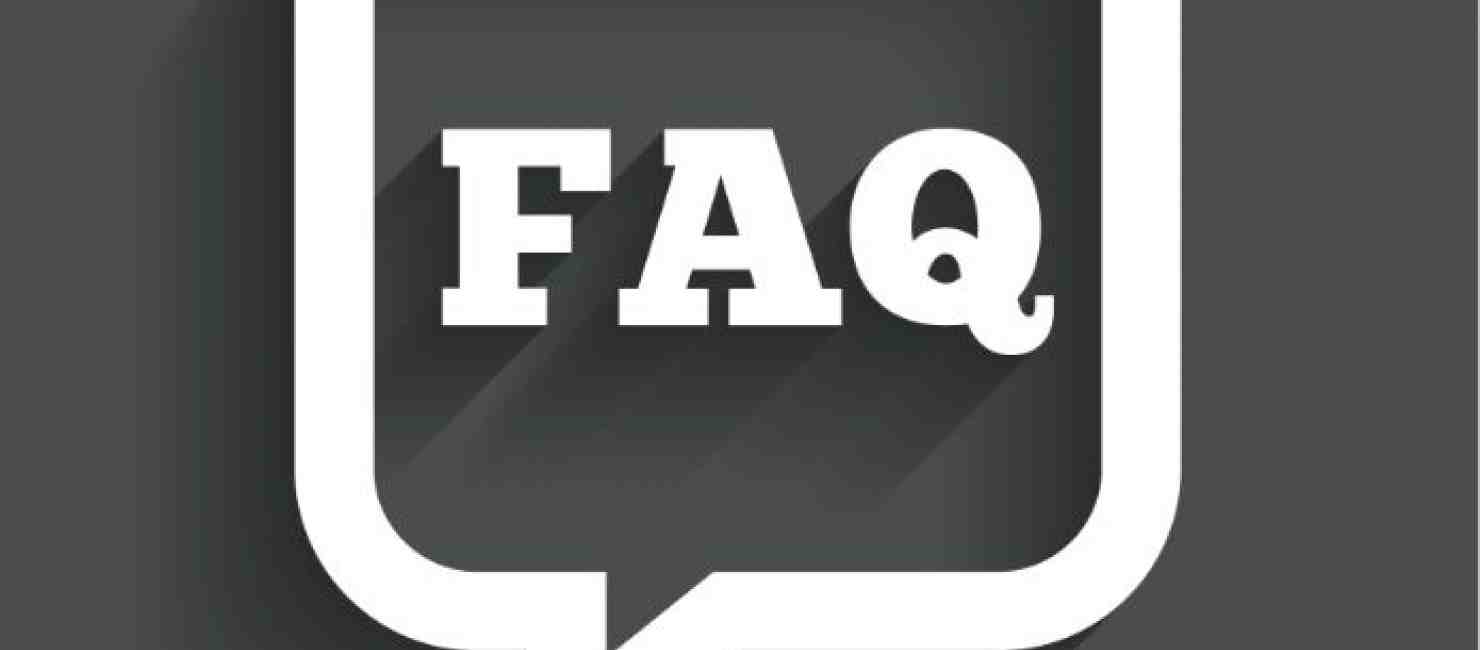Can therapy help a child recover after sexual abuse?
Yes, even though the lives of children who have been sexually abused are forever changed, many people go on to heal and live healthy and fulfilling lives after working with a therapist [2]. A number of types of sexual abuse counseling for children — like CBT (Cognitive Behavioral Therapy) and Play Therapy — are available to explore, so you can choose what is best for your family and child.
What does sexual abuse therapy look like for children?
It is important to note that there is no “one right way” to approach therapy after sexual trauma. Some children may be ready to talk about their abuse and deal with it soon after it happens. Others may need to move more slowly, gradually testing the safety of the therapeutic relationship as they address the issues that arise.
Therapy does not need to be trauma-focused per se, but does need to be trauma-informed. Trauma-focused therapy is one in which the interventions are centered around a traumatic experience, with the goal of processing this experience and resolving the resulting symptoms. On the other hand, trauma-informed therapy is an approach to therapy that is responsive to the ways that trauma can impact many areas of a person’s life and is characterized by a focus on collaboration, compassion, and empowerment [3].
Therapy that includes multiple professionals and trusted adults on the care team is paramount. Children do best with a combination of love from caregivers, support from their therapist and the inclusion of other helpful professionals like a pediatrician or primary care physician, guardian ad litem, social worker, teacher, and so on — all of whom are trained and knowledgeable about childhood sexual abuse, its impacts, and best care practices.
Who else may benefit from therapuetic support after abuse is disclosed?
Since child sexual abuse can affect all members of a family or group, adults and siblings in the family are also likely to need support. This is especially true if the dynamics of a family have changed after a disclosure — for example, if the person who abused the child was a parent or other loving caregiver.
Non-offending family members are likely to experience significant distress in response to a child’s experience with sexual abuse, even if they had no role in the abuse, which is why therapy for them may also be necessary.
Therapy for the family together may also be helpful. However, it is important to specify that family therapy approaches are only utilized among family members who did not perpetrate any instances of abuse. There are several potential benefits to family-based treatment or interventions for child sexual abuse, including prevention efforts and strengthening relationships among non-offending family members, which have been found to be successful in influencing child outcomes [4].
Is sexual abuse therapy for children effective?
Healing from child sexual abuse is possible with treatment and support. Children and youth frequently respond best to specialized treatment when it is offered early and with the support of trusted adults.
Finding a skilled trauma-informed practitioner can be a difficult process, but there are ways to make this task easier. Before scheduling, anyone seeking a trauma-informed therapist can look at potential therapists’ credentials, membership in trauma-focused professional organizations, and experience with specific populations. Additionally, many therapists offer brief consults before a first session which can be used to further assess whether this will be a good fit for your child. Once a therapist is found, it is important to ask questions and work with the therapist on how safety, agency, and collaboration can be achieved throughout the therapeutic process [1].
Where can I find a sexual abuse therapist for children?
If you are the parent or guardian of a child who has been sexually abused, you can seek help from a professional therapist. You can reach out to your child’s health insurance company (you can call the behavioral health number, often located on the back of your insurance card) and ask for some in-network professionals who work with children who have experienced abuse or trauma. You can also look through our resources for parents of Children Who Experienced Sexual Harm and Abuse for more information.
Learn More
- What should I do if I know a child has been abused?
- What should I do after a child tells?
- Healing and Support for Children and Parents
Return to FAQs
______________________________________________________________________________
References
[1] Bendall, S., Eastwood, O., Cox, G., Farrelly-Rosch, A., Nicoll, H., Peters, W., ... & Scanlan, F. (2021). A systematic review and synthesis of trauma-informed care within outpatient and counseling health settings for young people. Child Maltreatment, 26(3), 313-324. https://doi.org/10.1177/1077559520927468
[2] Henny K. Tichelaar, Maja Deković, Joyce J. Endendijk, Exploring effectiveness of psychotherapy options for sexually abused children and adolescents: A systematic review of randomized controlled trials, Children and Youth Services Review, Volume 119, 2020, 105519, ISSN 0190-7409, https://doi.org/10.1016/j.childyouth.2020.105519.
[3] Isobel, S., Wilson, A., Gill, K., & Howe, D. (2021). ‘What would a trauma‐informed mental health service look like?’Perspectives of people who access services. International Journal of Mental Health Nursing, 30(2), 495-505. https://doi.org/10.1111/inm.12813
[4] Mendelson, T., & Letourneau, E. J. (2015). Parent-focused prevention of child sexual abuse. Prevention Science, 16, 844-852. https://doi.org/10.1007/s11121-015-0553-z

